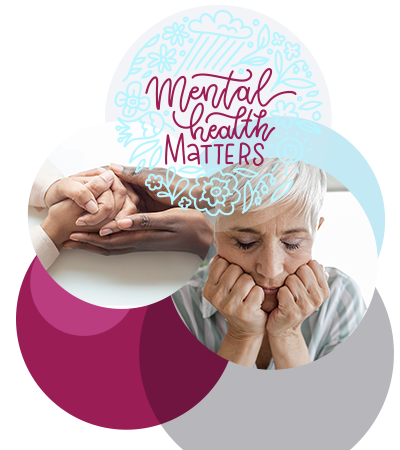Get Mental Health Care
Mental health conditions are common, and treatment is available to help people thrive. However, stigma (the negative attitude or belief people may have toward those with mental health conditions) can make it difficult for some to get mental health care.
Getting mental health care is not a sign of failure or weakness. It can help improve your quality of life.
How to get mental health care
Call the BHRS ACCESS Call Center at 1-800-686-0101. TDD users call 1-800-943-2833. If your call isn’t answered live, please leave a message with your name and call-back number and someone from BHRS will return your call.
When you talk with the BHRS Access Call Center, they will ask you several screening questions to help make sure you get the right care. After reviewing your screening results, they will connect you with a mental health provider covered by your benefit.
- For mild to moderate mental health issues, you will be connected with a mental health provider through HPSM. This is known as the non-specialty mental health provider network.
- For more serious mental health issues, you will be connected with a mental health provider through BHRS. This is also known as the specialty mental health provider network.
- For alcohol and/or substance use treatment needs, you will be connected with a provider through BHRS’s substance use treatment network.
You can also call your primary care provider (PCP) for help with mental health. Your PCP supports your overall health, which includes mental health. When you visit your PCP:
- Talk about how you are feeling (what’s on your mind) and if your feelings/thoughts are affecting your ability to do activities at home, work and/or school
- Your PCP may ask you to answer a few questions about your mental health
- They may give you tips on improving your mental health and/or prescribe you medications
- They may also refer you to other providers that can help you with mental health or substance use
Reach out to your mental health provider or substance abuse treatment program. Ask for help or update them on how you are doing.
If you are being treated at a county mental health clinic and would like to locate your BHRS provider, either:
- Visit the San Mateo County Health website to use the BHRS Provider Directory
- Call the BHRS ACCESS Call Center at 1-800-686-0101
San Mateo County has many local mental health and substance use resources that are open 24 hours a day, 7 days a week. Learn more about these no-cost mental health support hotlines.
